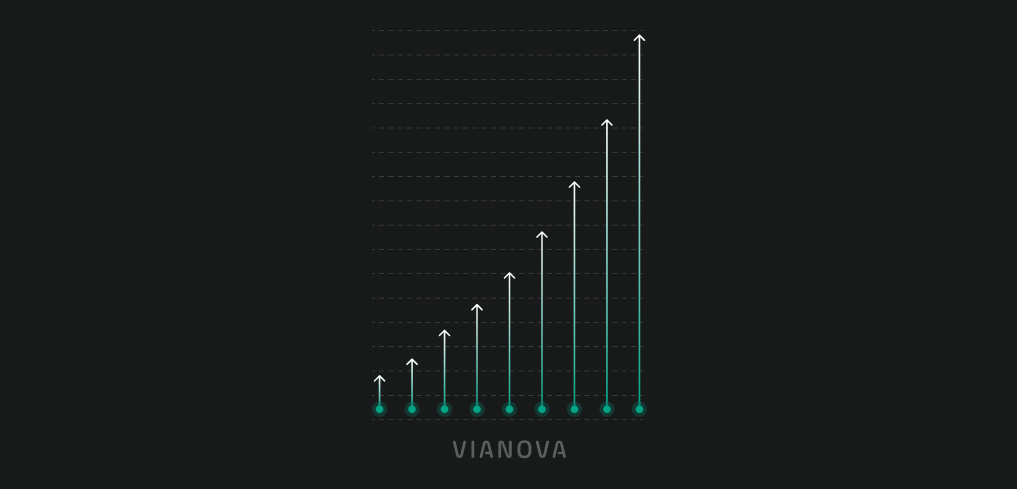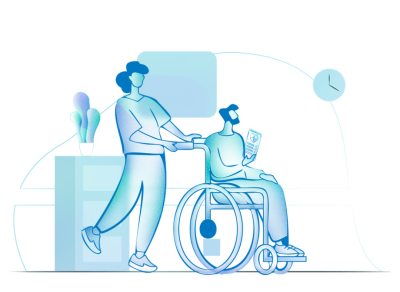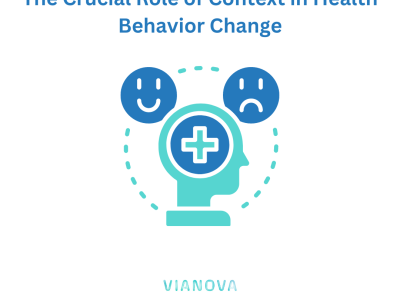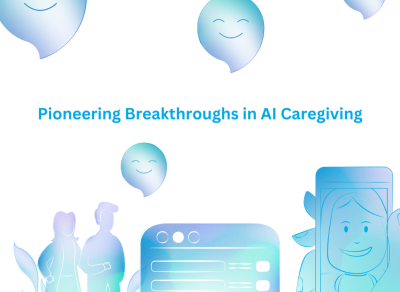
New Codes for Care Management
According to the latest research, 6 out of 10 adults suffer from at least one chronic disease, while 4 out of 10 suffer from two or more chronic diseases.
This explosion of chronic disease led to the development of several Medicare-based programs including Chronic Care Management (CCM), Primary Care Management (PCM), and Transitional Care Management (TCM).
These programs incentivized the development of innovative projects, including Remote Patient Monitoring Platforms, as well as Remote Therapeutic Monitoring Platforms.
In order to encourage the healthcare industry to use these platforms, the Centers of Medicare & Medicaid Services recently finalized additional codes and payment adjustments for CCM and PCM, and also incorporated RTM into the equation. These complementary codes have improved already existing programs by working to improve patient health outcomes while expanding the opportunities for reimbursement in numerous ways.
Chronic Care Management
Currently there are now four billable CCM codes and two Complex CCM codes.
Principal Care Management
Principal Care Management is a program designed to help manage complex chronic conditions that must be monitored for at least three months. PCM includes individuals that are at risk of death, have been recently hospitalized, or are still hospitalized, meaning it is used for severe cases that require disease-specific care plans.
Remote Patient Monitoring
Remote Patient Monitoring programs are designed to monitor chronic disease patients on a monthly basis. In addition, practices may also bill a one time set up code (99453) which includes the device set up as well as the initial patient training and onboarding to prepare them to participate in the RPM program, including how to use the platform and any biomedical devices.
Reimbursement for Remote Patient Monitoring programs can also be layered with Chronic Care Management program codes to account for the time and effort spent on properly caring for chronic disease patients.
Remote Therapeutic Monitoring
Unlike Remote Patient Monitoring, Remote Therapeutic Monitoring Platforms include non-physiologic, self-reported data on therapy adherence, and in some cases monitoring respiratory and musculoskeletal systems. CMS released five new codes related to RTM in 2022.



FEEL FREE TO DROP US A LINE.